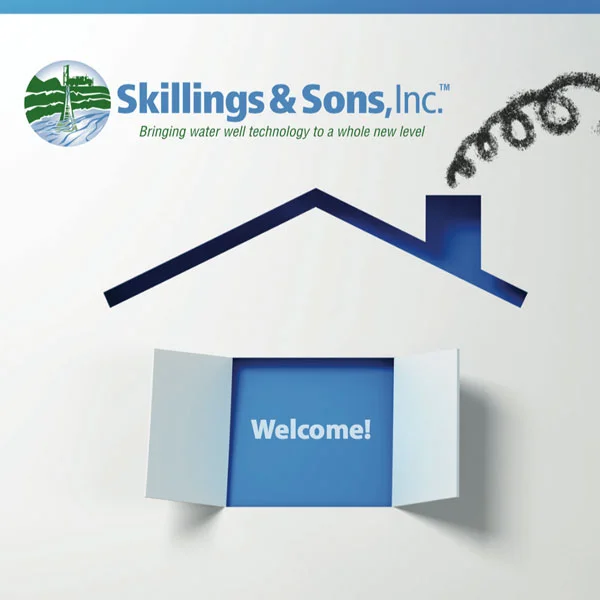What Realtors Need to Know about NH Water Well Regulations
Water well information for Real Estate Agents
Licensed real estate agents likely know that a home’s most recent water quality test must be shared at the time of sale if the home uses a private well, but there are many other well water regulations and guidelines set by the state that agents will want to keep in mind as well.
In New Hampshire, there are well water regulations that must be adhered to by law and there are guidelines, similar to an industry standard, but are not required. Here are some of the guidelines and regulations real estate agents are most likely to encounter. A full list of regulations can be found on the New Hampshire Department of Environmental Services web site.
NH DES Well Water Guidelines
The state does not require water quality testing for private domestic drinking water supplies, but the Department of Environmental Services has a list of recommended water quality parameters for testing you can review online. Here you will find general water quality guidelines established by the state and the U.S. EPA, as well as information about state certified water testing labs.
New Hampshire has no minimum flow rate requirements for private domestic wells, either, but the Water Well Board has established a recommended minimum volume for indoor domestic use you will want to check to make sure the property’s well can provide enough water to service the home.
The Well Water Board is a state agency charged with protecting the groundwater resources of the state and which oversees licensing and well construction standards. Their website is a good resource for homeowners, as well as real estate agents, who want more information about well construction, reporting and maintenance regulations in New Hampshire. It also has a well water checklist for homeowners that real estate agents can use with sellers when discussing the condition of the home’s well.
Water Well Regulations
In 1984, the state passed a law regulating the construction of wells. Contractors who drill wells must be licensed and once a well is completed, a report must be filled with the state for the New Hampshire Well Inventory Program. This information is available to the public in an online database and can tell you how deep the well is, when it was constructed and other important information.
New Hampshire also regulates well setbacks and proximity to septic systems. The state requires a 75-foot setback from property boundaries and septic systems for homes with up to five bedrooms. This includes tanks and leach fields.
If work has been done on a home’s private well, make sure to ask the owners for records. When selling a home with an onsite water system, homeowners must disclose any malfunctions or problems with the water system as well as the date of the most recent water quality test.
Local communities also have their own regulations regarding well placement, construction, water quality testing and other issues. An agent should call the town planning or code enforcement office to ask about these regulations if there is a suspected problem with the well. A qualified well drilling contractor can help you with these issues as well. Skillings & Sons has been drilling and repairing wells in New Hampshire for more than 40 years and has worked extensively with local officials. Our staff can provide information about state and local regulations when needed.
Would you like a representative from Skillings & Sons, Inc. to visit your real estate firm?
We offer a free lunch and you will learn about;
• FHA flow rate requirements
• How to find and spot a problem well
• Solving poor water pressure problems
• Eliminating bacteria, arsenic and radon

